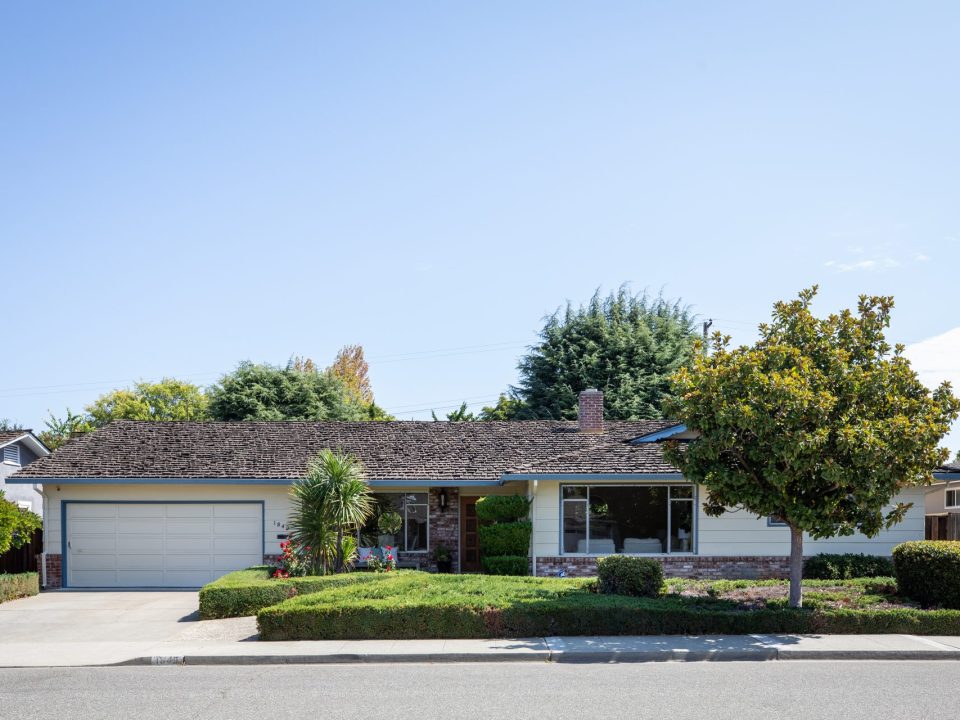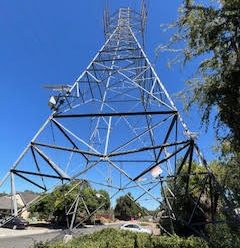First-Time Homebuyers: What They’re Looking for And What They Need to Know
Now that the housing market is picking up once again, a growing number of first-time home buyers are jumping in, attracted by relatively low home prices in some areas and historically low mortgage interest rates. In fact, many first time home buyers have discovered that for the first time in years it’s actually cheaper to own a home than it is to rent one.
The Joint Center for Housing Studies at Harvard recently reported that the median priced home in the U.S. (when calculated in today’s dollars) is roughly half as much as it was in 1990! And as rents have steadily risen in recent years, the Harvard study found that mortgage payments on the median U.S. home is now 23 percent less than rent payments for the same home. So as new buyers look to take advantage of this great opportunity, what are they looking for in their first home – and what do they need to know about buying real estate for the first time?
We thought it would be interesting to take a look at the wants and needs of new buyers, as well as offer them some tips as they enter the housing market. What are new buyers looking for in a starter home? In a survey of 300 consumers who purchased their first home in the last year, Coldwell Banker found that the vast majority wanted a move-in ready home near work and good schools.
Specifically:
- 87 percent said finding a move-in ready home was important or very important to them;
- 78 percent said they wanted the home to be convenient to shops and services;
- 75 percent said they wanted to be near their job;
- 66 percent chose proximity to highly rated schools;
- 61 percent noted they wanted to be close to extended family;
- 61 percent said they preferred having lots of open space nearby;
- 51 percent cited the importance of a lively neighborhood with restaurants and nightlife;
- 45 percent wanted accessibility to public transportation;
- 36 percent said being near recreational venues like golf was important;
- 36 percent preferred being close to galleries, museums and theaters;
According to a recent survey from the National Association of Realtors, seven out of 10 renters say owning a home is a top priority. If first time home buyers are trying to decide whether buying a home is the right decision for them, there are a couple of things they should consider.
At or near the top of every potential home buyer’s mind is whether or not they can afford to buy a home right now. Buying a home remains a sound financial decision for those with documented income and a good credit history, and a steady income can provide a strong backbone for the initial down payment and future mortgage payments.
Also, potential buyers should consider what their other options are and make a cost comparison. For renters, calculating month-to-month housing expenses is as easy as inquiring about the monthly rent and average utilities. The calculation gets a bit more complicated when considering the monthly cost of owning a home.
A real estate professional and a mortgage broker can help a first-time buyer understand the range of financial considerations including annual property taxes.
While buying a home today is a great value compared to renting, there are a number of additional costs that come with home ownership. All buyers need to be aware of these expenses and to incorporate those costs into a budget.
Some of these expenses can be planned for in advance, while others may require homeowners to set aside funds each month to cover their needs. Here are a few important ones to keep in mind:
Furniture
Homes can appear smaller than they actually are when individuals are visiting an open house. This is primarily because the house is full of furniture, accent pieces and accessories. But when first-time homeowners relocate from a one or two-bedroom apartment to a home, they may find that they don’t have enough furniture to fill the place. Owners can keep their costs low by picking up accent pieces here and there, rather than all at once. In addition, purchasing furniture from warehouse factories, collecting trinkets and accessories from yard sales and shopping for used items online can help buyers find pieces that appeal to their tastes without breaking the bank.
Property insurance
New homeowners will want to protect their assets by providing sufficient insurance coverage. It’s crucial to shop around for an affordable plan that adequately covers all of a homeowner’s needs. Insurance experts urge owners to choose a policy that covers rebuilding costs, rather than the initial purchase price or value of their home. In addition, homeowners should read the policy carefully to make a determination about purchasing additional coverage for disasters or scenarios their standard policy may not cover.
Maintenance
Properly maintaining a home, such as cleaning the roof, ensuring the wiring and structure is sound and replacing appliances can be expensive over the years. It is important to realize that maintenance can be financially rewarding in the long run, as it may help avoid structural, water and electrical damage.
Utility Bills
The costs of electric bills, water, heat and air conditioning can run significantly higher in a home than an apartment. It may take homeowners some time to determine how often to actually run the heating and air conditioning and get into the practice of turning off lights and appliances when they are not in use to keep utility costs low.
Buying your first home can be an exciting endeavor, but it’s a big step and thus first-timers will have lots of questions. That’s where I can help as a professional Realtor. Don’t hesitate to contact me even before you’re ready to buy a home. I can answer questions about the process and help new buyers find that perfect starter home when they’re ready to move forward.





